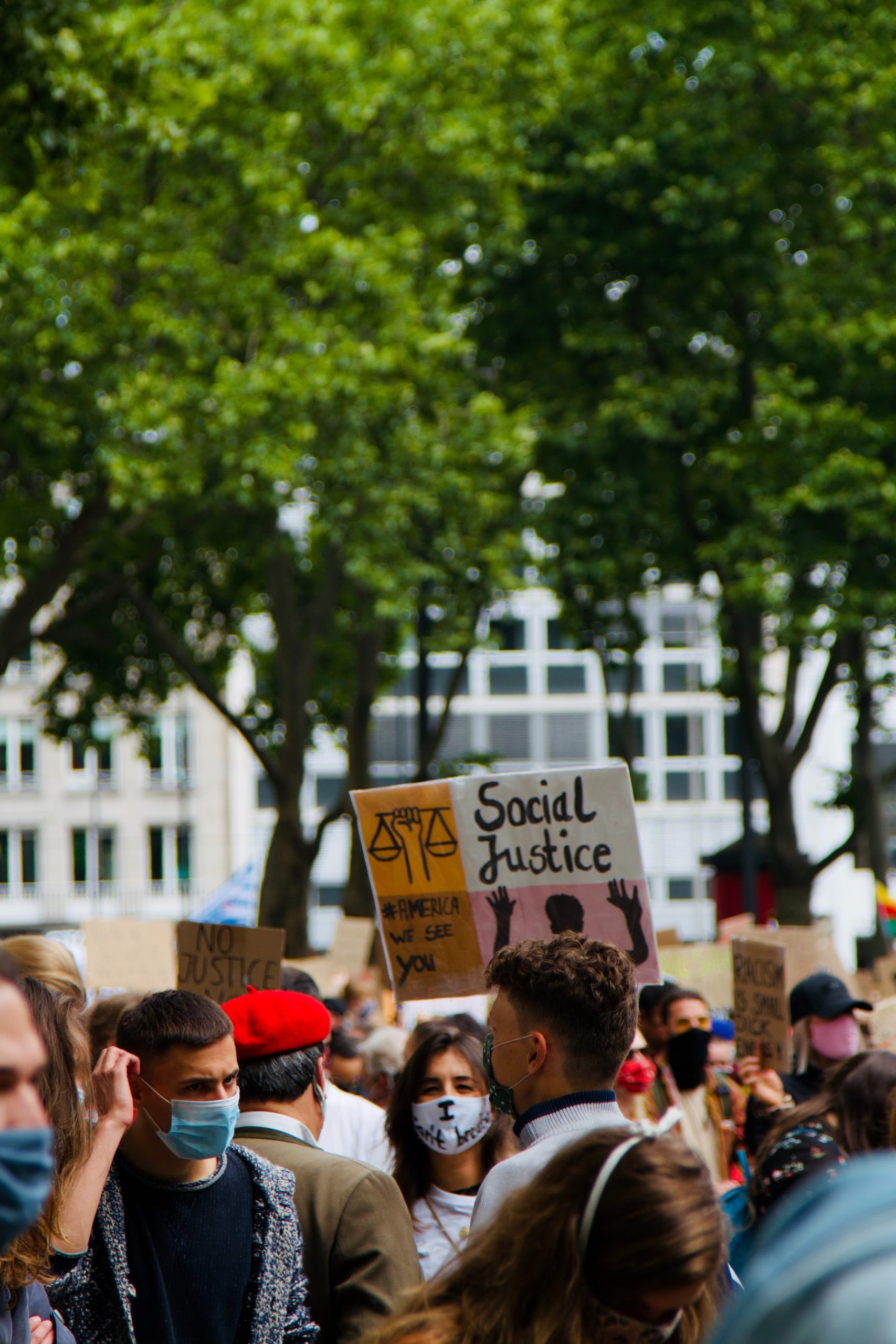Social media has revolutionized the way we communicate, connect, and share information. It’s a platform where everyone can express their opinions regardless of their location or social status. However, with freedom comes responsibility, and this is where the issue of balancing liability and free speech arises. The First Amendment guarantees us the right to speak our minds without fear of censorship, but it doesn’t mean that there are no consequences for what we say. In today’s post, we’ll explore how social media companies balance these two seemingly competing interests – free speech and liability – to provide users with an enjoyable experience while protecting them from harm. Are you ready? Let’s dive in!
The First Amendment and Social Media
The First Amendment to the United States Constitution protects citizens’ rights to freedom of religion, speech, press, assembly, and petition. It is widely considered one of the most important components of the Bill of Rights. The amendment states: “Congress shall make no law respecting an establishment of religion, or prohibiting the free exercise thereof; or abridging the freedom of speech, or of the press; or the right of the people peaceably to assemble, and to petition the Government for a redress of grievances.”
Social media has become an increasingly important platform for expression and debate in recent years. However, because social media platforms are private entities, they are not bound by the First Amendment. This means that social media companies can censor users’ speech without violating their constitutional rights.
This raises an important question: should social media companies be held liable for censoring users’ speech? On one hand, some argue that social media companies should not be held liable because they are not government actors. On the other hand, others argue that social media companies should be held liable because they play an important role in public discourse.
Ultimately, whether or not social media companies should be held liable for censoring users’ speech is a complex question with no easy answers. However, it is clear that the issue warrants further debate and discussion.
Social Media Companies and the First Amendment
Social media companies have long been grappling with how to balance the First Amendment with their own liability. In the past, they have been largely shielded from liability for user-generated content by the Communications Decency Act. But as social media has become more and more a part of our everyday lives, these companies have come under increasing scrutiny for the role they play in curating and moderating content.
Most recently, this debate has come to a head in the wake of the Capitol Hill riot. Social media companies were criticized for not doing enough to prevent the spread of misinformation and conspiracy theories that led up to the event. In response, many platforms took unprecedented steps to remove content and suspend users.
This debate is likely to continue as social media companies try to find the right balance between protecting users’ free speech rights and preventing misuse of their platforms.
Balancing Liability and the First Amendment
In the wake of the 2016 presidential election, social media has come under fire for its role in the spread of “fake news.” While social media platforms are not legally responsible for the content posted by their users, they can be held liable for defamation, copyright infringement, and other illegal activity.
To balance liability and the First Amendment, social media companies have implemented a variety of policies and procedures. For example, Facebook allows users to report posts that they believe to be false or misleading. Twitter requires users to agree to a set of rules before they can post content. And YouTube relies on both user-generated flags and algorithms to identify and remove inappropriate content.
While these measures may help to reduce the spread of false information on social media, they also raise concerns about censorship and freedom of expression. As such, it is important for social media companies to strike a balance between protecting their users and respecting their right to free speech.
Conclusion
As social media continues to evolve, the debate over how to balance liability with freedom of speech remains a complex and contentious issue. While it is essential that platforms protect their users from hate speech and other forms of inflammatory content, they must also consider the implications for free expression when determining what type of content to remove and why. Ultimately, this balancing act requires an ongoing dialogue between tech companies, governments and civil society organizations in order to ensure that user rights remain protected while still allowing individuals to freely express themselves online.








